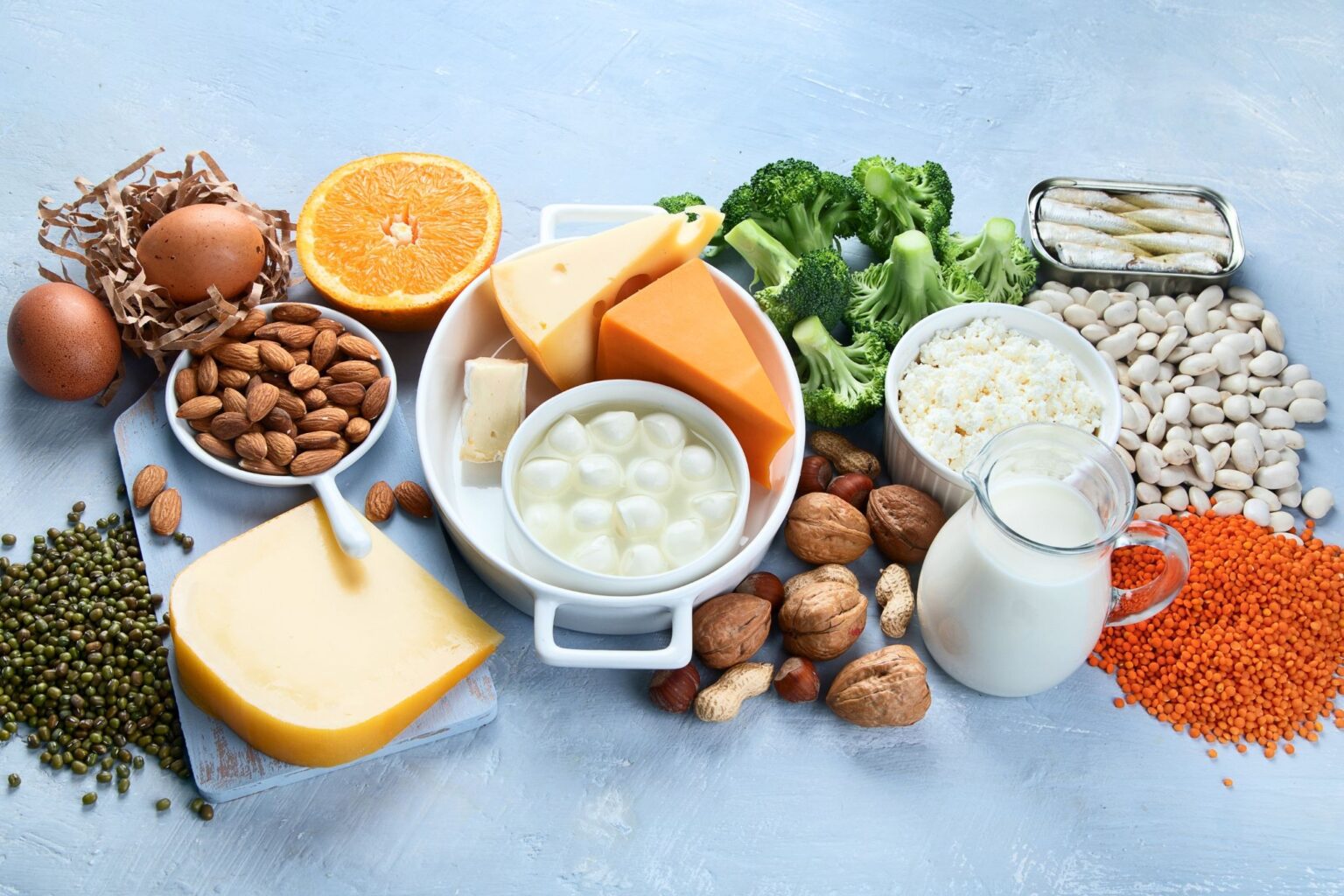Osteoporosis, a disease that weakens bone structure and increases the risk of fractures, has become a growing concern among the population, especially among women during menopause. Nutritionist Eider Sánchez, from Policlínica Gipuzkoa, warns that the calcium needs in women significantly increase during this stage, making it essential to adjust the diet to prevent the loss of bone density.
Sánchez points out that, according to recent studies, menopausal women require a daily intake of 1500 mg of calcium, a significant increase from the 1000 mg recommended before this period. A diet rich in essential nutrients such as calcium, zinc, magnesium, and quality proteins is key to strengthening bones and preventing osteoporosis. “It is essential to consume foods that provide these nutrients throughout life,” explains the expert.
Recommended foods include leafy green vegetables such as chard and spinach, as well as cruciferous vegetables like broccoli. Nuts such as almonds and pistachios are also excellent sources of calcium and magnesium. Seeds, such as sesame and chia, provide a considerable dose of calcium, with tahini, a sesame paste, being a good option to include in the daily diet. Consuming dairy products and fish with bones, such as canned sardines, is also suggested.
In addition to diet, Sánchez emphasizes the importance of physical exercise. Activities involving strength and impact are recommended to strengthen the bone system. Performing at least three strength training sessions a week not only improves bone density but also contributes to overall well-being.
Vitamin D is another crucial factor in calcium absorption, making it necessary to maintain an adequate level through controlled sun exposure and, if necessary, through supplements. However, excessive consumption of carbonated beverages, alcohol, and tobacco should be avoided, as well as reducing the intake of salt and ultra-processed foods.
Finally, DEXA bone densitometry is a fundamental diagnostic tool for assessing bone health, especially recommended for postmenopausal women and individuals over 65 years old. This test, which measures bone mineral density, is complemented in Policlínica Gipuzkoa with nutritional education and promotion of healthy habits, with the aim of preventing osteoporosis and its associated complications. Personalized nutrition care is vital for addressing the specific needs of each individual at each stage of their life.
via: MiMub in Spanish










